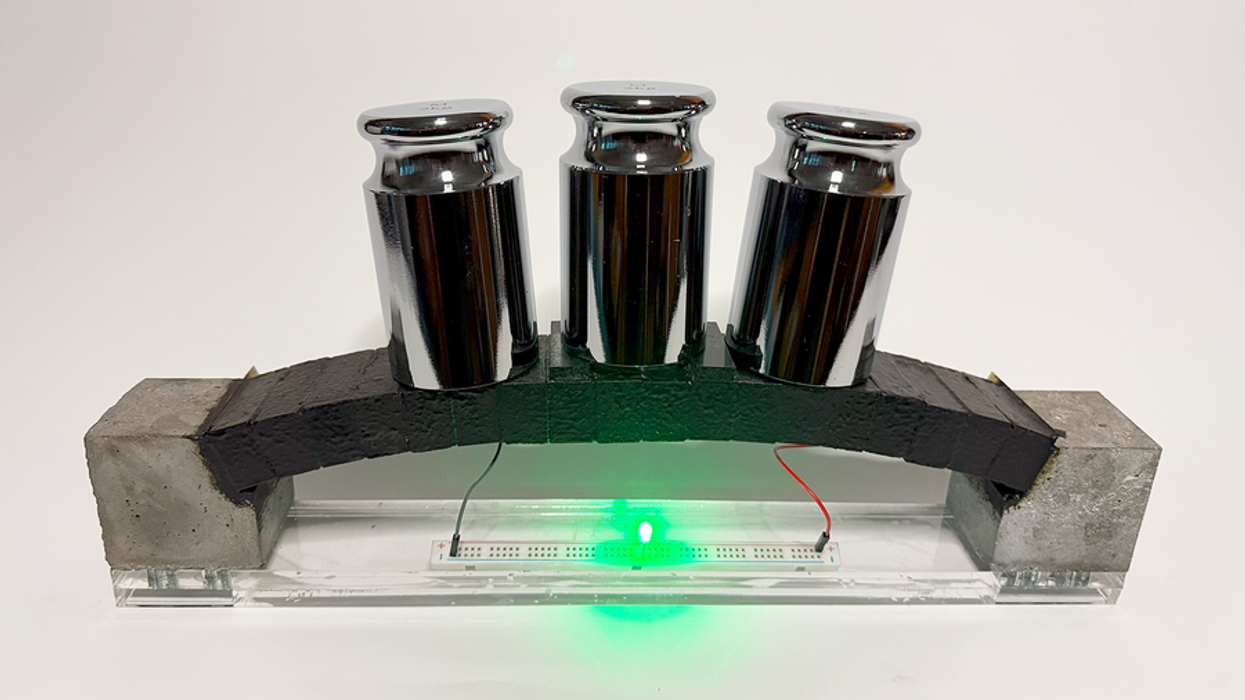In our Transforming Schools Together series, teachers affiliated with the Center for Teaching Quality invite us to re-imagine the very concept of school, and suggest small actions we can take to improve existing schools.
Teachers at Garfield High School in Seattle are doing something unconventional. They’re refusing to give standardized test they do not believe benefit their students. And soon, they will face the consequences.
I teach kindergarten in the Seattle area. I am committed not only to my students but to the transformation of my profession and our schools. That's why I start conversations about education policy with my students' parents.
See, it's not only teachers who want schools to change. Most people—or most who take the time to talk with our country’s hundreds of thousands of expert teachers—see that the old definition of school doesn’t match what students need to be successful in the 21st century.
That's why, from time to time, I break from my routine of sending parents helpful tips to support learning at home and send emails like the following:
"Good morning parents, colleagues, and friends,
As you may have seen on the news, Garfield High School teachers voted unanimously to refuse to administer the Measures of Academic Progress (MAP) assessment to their students. These reading and math assessments are mandated by the Seattle Public School District, similar to our district’s testing expectations. Teachers argue that the MAP tests do not provide useful data on student achievement. Further, they suggest that the tests assess students on content they have not yet been taught, while wasting valuable learning time. The MAP tests are also very expensive and teachers are concerned that the district spent $4 million on this assessment, when instructional budgets continue to shrink.
As your child progresses through the public school system, he/she will take many high-stakes tests. Some of these tests do provide teachers with valuable data on student strengths and needs, while others do not. I urge you to become informed about the various assessments our district uses. I would also ask that you begin to share your thinking by engaging in discussion with your friends and neighbors about the current testing climate. Does it truly serve the best interest of our children, or do we need to take another look at the way we use testing and data?"
Within an hour of sending this email, I began to receive thoughtful replies, evidencing a collective interest in how testing affects student learning:
Sarah, a parent:
"I've never been a supporter of standardized tests. Personally, I struggled with test-taking in high school and college, but always managed to get good grades because I was a good student. I always felt anxious at test time and didn't perform well. I think this is a very common feeling, hence my thoughts on these tests."
Beth, a parent:
"I'm extremely pleased the teachers stood their ground! I'm supportive of testing, but always with the proper tools for both the students and their teachers!"
Tim, a friend:
"It is great that you gave parents this information and encouraged awareness and participation, rather than trying to sway them in one direction."
Tiffany, a parent:
"I'll be interested to see the reaction of other districts in the state and country. Good for Garfield Teachers!"
Tiffany then went on to explain:
"I actually set out in college to become a teacher – but after working in a school for several quarters I didn't think I could be in an environment where advocating for a change I felt best for students was sometimes punishable. This will certainly be a game changer."
Jennifer, a teacher colleague:
"…I trust the teachers when they say that as currently practiced, the MAP wreaks havoc with their instruction without providing specific instructional recommendations. I wonder if there's another test or another way of administering the test that would be less disruptive and accomplish the same ends.
Finally, as a parent I have to say that I'm quite excited to live in the Garfield service area. I imagine my children attending a school where teachers make rational, reasoned, collaborative decisions that maximize learning time for their students."
Mike, a teacher colleague:
"The fact that a group of teachers have come together to unanimously refuse to administer the test shows a unity among educators that is often seems missing in our profession. It gives me hope that teachers can begin to own their considerable knowledge about assessment and knowledge of their own students. What are you hearing from others?"
Tara, a parent:
"Thanks for send the article about the MAP testing. It is insane to spend $4M on a test that shows nothing. I am glad the teachers are standing together and doing what's best for the kids...what a novel idea!"
In particular, it's encouraging to get such thoughtful responses from my kindergarteners’ parents. Yet I am aware that they are a captive audience—their children are just beginning their journey through our schools. They are freshly motivated to ensure that all things are made possible for their children.
But what about the rest of us? I encourage you to ask yourself what conversations you can begin about standardized testing in your community. Listening and working together is surely the best way we can support teachers and students at our neighborhood schools.
Click here to add starting a conversation about testing in your community to your GOOD "to-do" list.
Standardized quiz or test score image via Shutterstock















 Otis knew before they did.
Otis knew before they did.